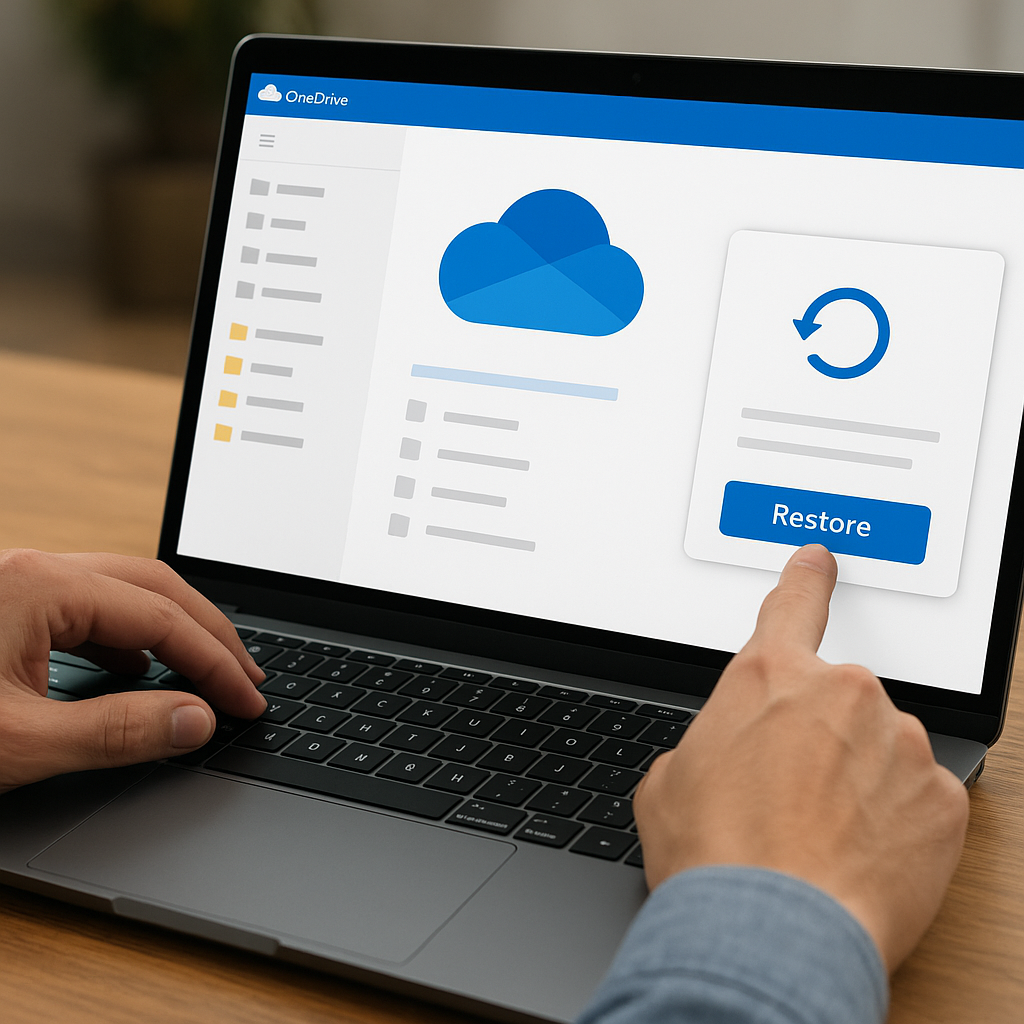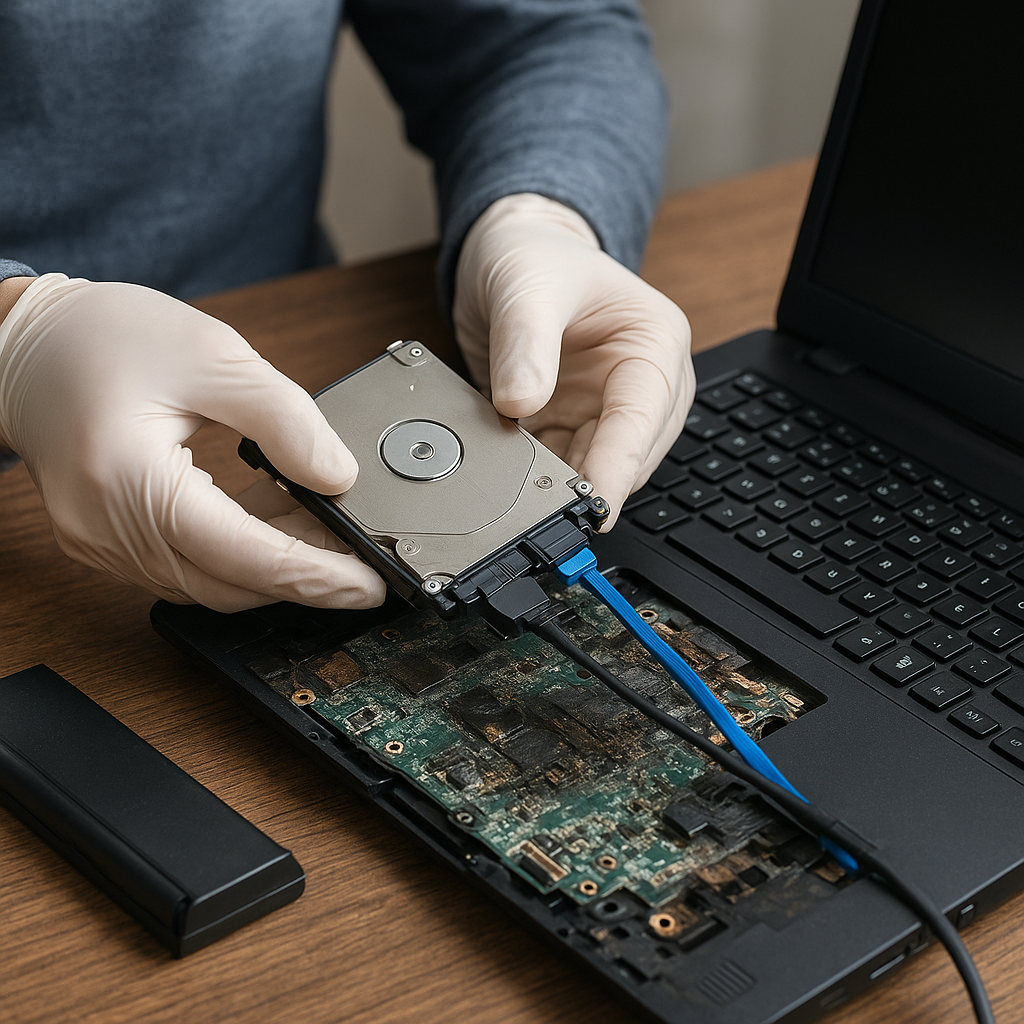Choosing the best data recovery solution for your needs can be a daunting task, given the plethora of options available in the market. Data loss can occur due to various reasons such as accidental deletion, hardware failure, software corruption, or even cyber-attacks. Therefore, having a reliable data recovery solution is crucial for both individuals and businesses to ensure the safety and integrity of their valuable data.
Understanding Data Recovery Solutions
Data recovery solutions are specialized software tools designed to retrieve lost, deleted, or corrupted data from various storage devices such as hard drives, SSDs, USB drives, and memory cards. These solutions employ advanced algorithms to scan the storage media, identify recoverable data, and restore it to a usable state. The effectiveness of a data recovery solution depends on several factors, including the type of data loss, the condition of the storage device, and the capabilities of the software.
Types of Data Recovery Solutions
There are several types of data recovery solutions available, each catering to different needs and scenarios. Understanding these types can help you make an informed decision:
- File Recovery Software: This type of software is designed to recover individual files that have been accidentally deleted or lost due to software issues. It is ideal for personal use and small-scale data recovery tasks.
- Partition Recovery Software: Partition recovery tools are used to recover entire partitions that have been lost or corrupted. This type of software is useful for more complex data recovery scenarios, such as recovering data from a formatted or damaged partition.
- RAID Recovery Software: RAID (Redundant Array of Independent Disks) recovery solutions are specialized tools designed to recover data from RAID arrays. These solutions are typically used in enterprise environments where data is stored across multiple disks for redundancy and performance.
- Database Recovery Software: This type of software is used to recover data from corrupted or damaged databases. It is essential for businesses that rely on database management systems to store and manage their data.
- Email Recovery Software: Email recovery tools are designed to recover lost or deleted emails from email clients such as Microsoft Outlook or web-based email services. This type of software is useful for both personal and business use.
Key Features to Look for in a Data Recovery Solution
When choosing a data recovery solution, it is important to consider the key features that will best meet your needs. Here are some essential features to look for:
Compatibility
Ensure that the data recovery software is compatible with your operating system and the type of storage device you need to recover data from. Most data recovery solutions support a wide range of file systems, including NTFS, FAT, HFS+, and ext4, but it is always best to verify compatibility before making a purchase.
Ease of Use
A user-friendly interface is crucial, especially if you are not tech-savvy. Look for software that offers a simple and intuitive interface, with clear instructions and easy-to-navigate menus. Some solutions also offer step-by-step wizards to guide you through the recovery process.
Scanning Capabilities
The effectiveness of a data recovery solution largely depends on its scanning capabilities. Look for software that offers both quick and deep scan options. A quick scan can quickly identify recently deleted files, while a deep scan can thoroughly search the storage device for lost or corrupted data.
Preview Functionality
Preview functionality allows you to view recoverable files before proceeding with the recovery process. This feature is particularly useful for identifying specific files you need to recover and ensuring that the data is intact.
Recovery Speed
Recovery speed is an important factor, especially if you need to recover a large amount of data. Some data recovery solutions offer faster recovery times by optimizing the scanning and recovery processes. However, keep in mind that the speed may vary depending on the size and condition of the storage device.
Customer Support
Reliable customer support is essential, especially if you encounter any issues during the recovery process. Look for data recovery solutions that offer comprehensive customer support, including online resources, FAQs, live chat, and phone support.
Evaluating Data Recovery Solutions
Once you have identified the key features you need, it is time to evaluate different data recovery solutions. Here are some steps to help you make an informed decision:
Read Reviews and Testimonials
Reading reviews and testimonials from other users can provide valuable insights into the effectiveness and reliability of a data recovery solution. Look for reviews on reputable websites, forums, and social media platforms to get a sense of the software’s performance and user satisfaction.
Compare Pricing and Licensing Options
Data recovery solutions come with different pricing and licensing options. Some software offers a one-time purchase, while others require a subscription. Compare the pricing and licensing options to find a solution that fits your budget and usage requirements. Additionally, check if the software offers a free trial or a money-back guarantee, which can give you the opportunity to test the software before committing to a purchase.
Test the Software
If possible, download a trial version of the data recovery software to test its features and performance. This will give you a hands-on experience and help you determine if the software meets your needs. Pay attention to the ease of use, scanning capabilities, and recovery speed during the trial period.
Check for Regular Updates
Data recovery technology is constantly evolving, and regular updates are essential to keep the software effective and compatible with new storage devices and file systems. Check if the data recovery solution you are considering offers regular updates and improvements.
Conclusion
Choosing the best data recovery solution for your needs requires careful consideration of various factors, including compatibility, ease of use, scanning capabilities, and customer support. By understanding the different types of data recovery solutions and evaluating their key features, you can make an informed decision that ensures the safety and integrity of your valuable data. Remember to read reviews, compare pricing, test the software, and check for regular updates to find a reliable and effective data recovery solution that meets your specific requirements.












